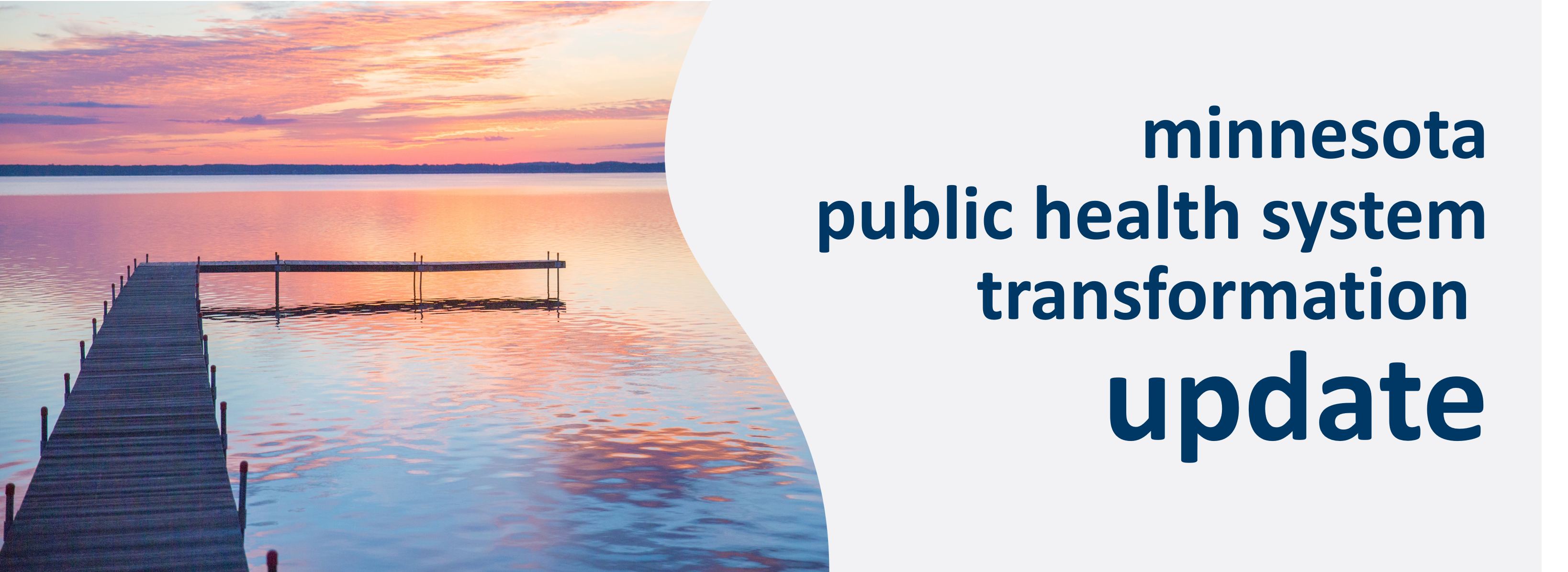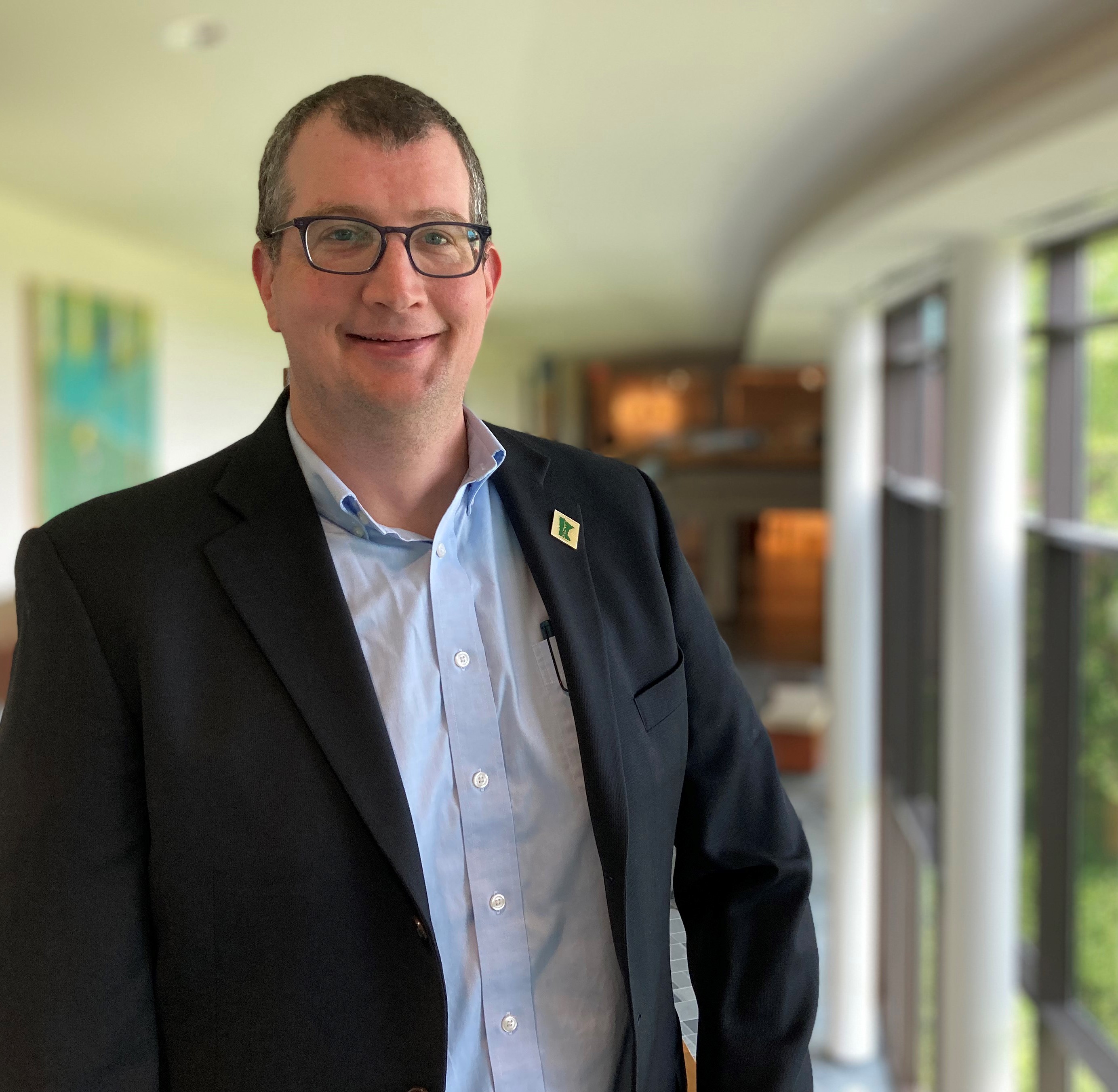Transforming Minnesota's Public Health System
- Home: System Transformation
- About This Work
- Framework of Foundational Responsibilities
- Definitions, Criteria, and Standards for Fulfillment
- Joint Leadership Team
- Minn. Infrastructure Fund and Local Innovation Projects
- Governance Groups and Communities of Practice
- Data Modernization
- Regional Data Models
- Tribal Public Health Capacity and Infrastructure
- FPHR Grant: Funding for Foundational Responsibilities
- Reports, Fact Sheets, Resources
- Newsletter
- Message Toolkit
Related Sites
Contact Info

Public Health System Transformation Update Newsletter
March 2024 | View all system transformation newsletters
Nick Kelly of Bloomington Public Health: What does system transformation mean to you?
When I was growing up, my dad was a nurse and my mom taught special education, and we would often hear stories of our family’s history of public service. I grew up with a love of history and a fascination for infectious disease, figuring I would be an infectious disease doctor.

While in college, an alum visited campus for a Nobel Peace Prize forum; hearing Mike Osterholm talk about public health opened my eyes to this work as a vocation. After grad school at the University of Minnesota, starting my career here, and then navigating through the COVID-19 pandemic with incredible colleagues, I see how important a strong public health system is, especially when I consider other states in which I’ve lived and worked.
I long for the day I don’t have to give a caveat when I talk about how Minnesota is one of the healthiest states—that it’s a healthy state if you’re someone like me, a white male who’s gone as far as I can in education (a terminal degree). Minnesota should be the healthiest state for everyone, but we can’t do that without transforming our public health system. That transformation will require sharing power and resources and changing how we do the work of public health.
What thrills me about system transformation work is our effort to keep Minnesota as the North Star for public health—but, again, it’s a North Star for some and not for others, and that’s not acceptable.
Transforming the public health system can help us address the structural issues that undermine our current system as it was designed: building partnerships we need to reduce health disparities, meeting the realities of the 21st century, and recognizing all of the partners that make up our public health system in Minnesota. I’m thrilled I get to play a small part in changing that system to be a more true North Star.
But it’s not just about me—my “why” is in my kids. My oldest, a fourth-grader, has asked some really hard questions about the differences he saw in how his classmates made it through the pandemic and how COVID-19 impacted them. He doesn’t understand why these differences exist. I’m glad we can talk about it, but I wish there weren’t structural barriers causing these differences.
I think transforming the public health system can help change that—so my kids won’t have to have those conversations with their kids, and so we radically change health outcomes and transform not only our system but also the health of Minnesotans.
Transforming the public health system is hard work, but it’s the best kind of hard work, and so necessary.
Nick Kelley has worked with Bloomington Public Health since 2015 and is currently the city's Public Health Administrator. Nick serves on the Joint Leadership Team as a representative of the Local Public Health Association. His favorite place to be in Minnesota is Target Field in any season, but especially when he can share postseason magic with his son (regardless of whether the Twins win).